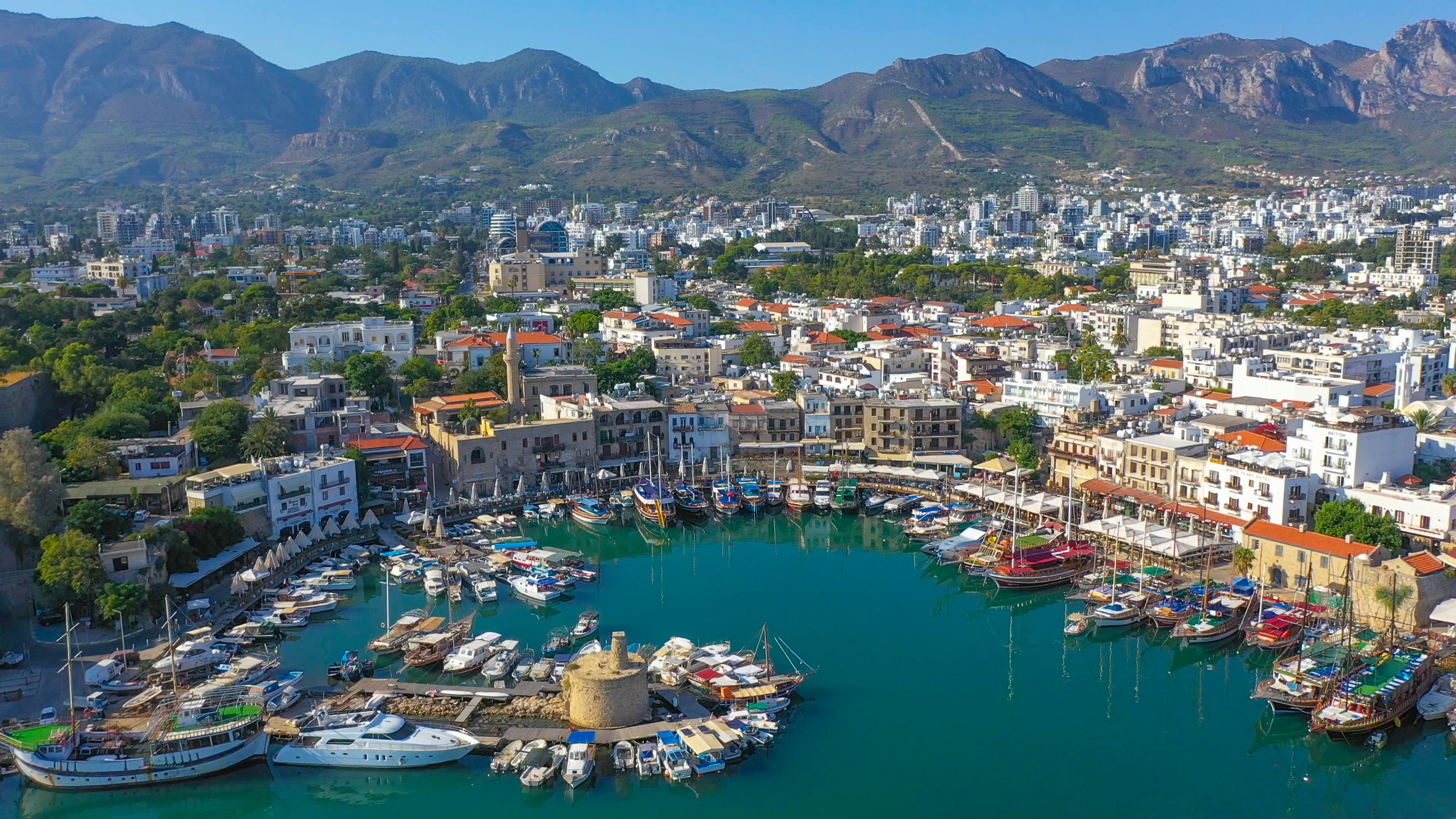10 Easy Second Residency Programs
Explore the 10 easiest ways to get a second residency worldwide. Discover programs offering visa-free travel, tax benefits, and lifestyle enhancements for global citizens.
As the modern world becomes more interconnected, it is evident that more individuals are seeking a second residency for improved mobility, improved quality of life, and financial flexibility.
Second residency programs provide a great opportunity for those who plan to have a permanent living place in a foreign country given the instabilities that come with economic or political instabilities.
Further, second residencies can offer more business prospects, quality education, and healthcare facilities that are desirable for families and the business community. It can be a great option for high-net individuals who wish to become global citizens to diversify their income.

What Makes Second Residency Easier?
Flexible Programs with Lower Investment and Documentation
Second residency programs are easier when they demand minimal investment, simplified paperwork, and no strict stay requirements—ideal for global citizens seeking freedom and stability.
Investment Choices and Barriers
Real Estate and Business Investment
Affordable and versatile investment options—like Portugal’s Golden Visa—let applicants qualify via property, job creation, or cultural contributions.
Low Requirement of Physical Presence
Ideal for Remote Residency
Countries like Thailand and Panama do not require continuous presence, offering flexibility for residents with global lifestyles.
Processing Speed and Flexibility
Fast Approvals, Fewer Hassles
Programs like Paraguay’s Permanent Residency offer quick processing and minimal documentation, making second residency more accessible.
Stability and Wellbeing
Secure Countries with High Quality of Life
Uruguay and Malaysia attract families with safety, solid infrastructure, and a comfortable cost of living.
Access to Visa-Free Travel
Freedom of Movement
Residency in countries like Portugal or Spain grants access to the Schengen Area, simplifying travel across Europe.
Portugal Golden Visa Program
Minimum Investment: From €250,000
Residency Validity: Initial 2 years, renewable
Citizenship Path: After 5 years
Investment Options:
- Cultural Donations: €250,000
- Research Activities: €500,000
- Venture Capital Funds: €500,000
- Job Creation: No minimum or €500,000 for job-based investments
Spain Golden Visa Program
Minimum Investment: From €500,000
Residency Validity: Initial 1 year, renewable
Citizenship Path: After 5 years
Investment Options:
- Real Estate: €500,000
- Business: €1 million
- Capital Transfer: €1 million
- Government Bonds: €2 million
Greece Golden Visa
Minimum Investment: €250,000–€800,000
Residency Validity: 5 years, renewable
Real Estate Options:
- High-demand areas: €800,000
- Rural areas: €400,000
- Converted properties: €250,000
Alternative Investments:
- Capital contribution: €500,000
- Bonds or deposits: €400,000
- Investment funds: €350,000
Panama Friendly Nations Visa
Eligibility: Citizens of 50+ countries
Key Requirement: Economic ties (job, business, or bank account)
Path to Permanent Residency: After several years
Malaysia MM2H Program
Silver: MYR 500,000 (~USD 150,000), 5 years
Gold: MYR 2 million (~USD 500,000), 15 years
Platinum: MYR 5 million (~USD 1 million), 20 years (work and invest allowed)
Thailand Elite Visa
Gold: THB 900,000 (~USD 25,000), 5 years
Platinum: THB 1.5 million (~USD 41,000), 10 years
Diamond: THB 2.5 million (~USD 70,000), 15 years
Reserve: THB 5 million (~USD 140,000), 20+ years (by invitation)
Uruguay Residency Program
Minimum Income Requirement: USD 1,500/month
HNW Investment: USD 510,000 (property or business), or USD 200,000 with 15 jobs
Digital Nomad Visa: 6 months + 6-month renewal, eligible for permanent residency
Paraguay Permanent Residency
Fast & Affordable
Simple process with minimal proof—no minimum income required
Investment Path: USD 70,000 in property or business
Dominican Republic Investment Residency
Minimum Investment: USD 200,000
Investment Options: Real estate, business, fixed deposits, or securities
Path to Citizenship: After 2 years of legal residency
Antigua and Barbuda Permanent Residency
Income Requirement: USD 100,000/year
Minimum Stay: 30 days per year
Tax Benefits: Favorable for global investors
FAQs
What is the difference between second residency and citizenship by investment?
Residency grants the right to live in a country, often with fewer rights. Citizenship grants full legal rights, including voting and passport issuance.
Is it possible to work or start a business with a second residence permit?
In many cases, yes—especially programs like Panama’s Friendly Nations Visa. However, some may require separate permits.
How long does it take to get a second residency?
Timeframes vary. Some programs like Paraguay’s are fast (a few months), while others like Portugal’s may take longer.
Are there age requirements for second residency?
Most programs do not have upper age limits, but financial independence is usually required, especially for retirement visas.
Can family members be included?
Yes, most programs allow spouses and dependents, sometimes with additional documentation and fees.




.jpg)





.png)



.png)


.png)